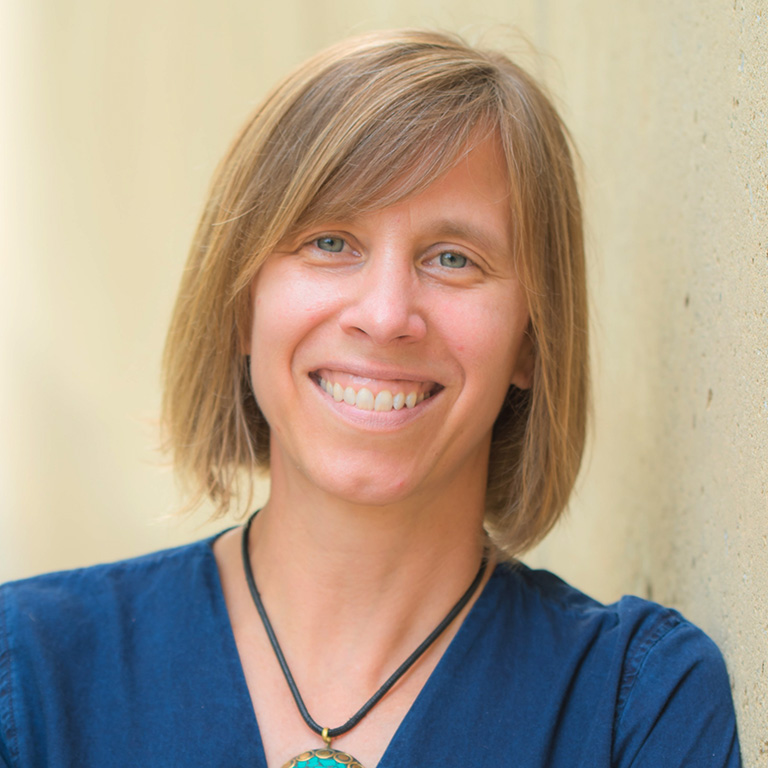- Department(s)/Office(s):
- Counseling and Educational Psychology
Where does your international research/engagement take place?
Norway, Germany, Cambodia, South Africa, and Australia, also more broadly internationally
Please briefly describe your research/activity.
I am an adjunct professor at the University of Oslo, where I served as PI, with David Rutkowski as co-PI, for a Norwegian Research Council funded project on international assessment. I also advise the World Bank and the OECD on several international projects. I also regularly collaborate with and apply for grants with a colleague in South Africa at Tshwane Technical University. Finally, I edit an international book series and a journal hosted by the IEA in Hamburg, Germany.
Why does your research/activity matter?
The research stemming from the Norwegian grant has been published in top academic journals and resulted in the permanent placement of a post-doctoral researcher at an international organization and a PhD student at a research center in the UK. My work with the OECD directly influences the design and implementation of PISA. Finally, my work with the World Bank directly influences educational practice in Cambodia.
What led you to this research/activity?
I have always worked internationally, from my first research position after my PhD. I view working internationally as a natural part of my scholarly identity.
What problem do you hope this research/activity will solve/what are your hopes for this work?
Cross-cultural measurement (the focus of the Norwegian project) is a complicated, messy process. My work on this project has had direct impacts on the design, implementation, interpretation, and uses of major international assessments, including TIMSS and PISA.
How will your work create change for the better?
International assessment data are frequently stretched far beyond their capacity and are sometimes used in harmful ways (e.g., to allege IQ deficiencies in certain cultural groups). My work seeks to place reasonable limits on the kinds of interpretations and uses that can be made about these data.
About Me
Where does your international research/engagement take place?
Norway, Germany, Cambodia, South Africa, and Australia, also more broadly internationally
Please briefly describe your research/activity.
I am an adjunct professor at the University of Oslo, where I served as PI, with David Rutkowski as co-PI, for a Norwegian Research Council funded project on international assessment. I also advise the World Bank and the OECD on several international projects. I also regularly collaborate with and apply for grants with a colleague in South Africa at Tshwane Technical University. Finally, I edit an international book series and a journal hosted by the IEA in Hamburg, Germany.
Why does your research/activity matter?
The research stemming from the Norwegian grant has been published in top academic journals and resulted in the permanent placement of a post-doctoral researcher at an international organization and a PhD student at a research center in the UK. My work with the OECD directly influences the design and implementation of PISA. Finally, my work with the World Bank directly influences educational practice in Cambodia.
What led you to this research/activity?
I have always worked internationally, from my first research position after my PhD. I view working internationally as a natural part of my scholarly identity.
What problem do you hope this research/activity will solve/what are your hopes for this work?
Cross-cultural measurement (the focus of the Norwegian project) is a complicated, messy process. My work on this project has had direct impacts on the design, implementation, interpretation, and uses of major international assessments, including TIMSS and PISA.
How will your work create change for the better?
International assessment data are frequently stretched far beyond their capacity and are sometimes used in harmful ways (e.g., to allege IQ deficiencies in certain cultural groups). My work seeks to place reasonable limits on the kinds of interpretations and uses that can be made about these data.


